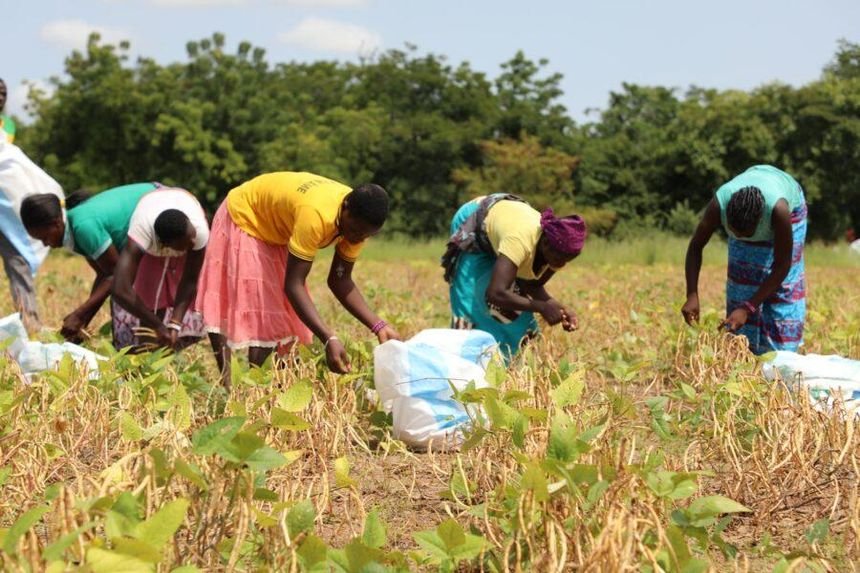Across Africa, a quiet but powerful revolution is reshaping agriculture. Small-scale farmers are rejecting industrial methods in favor of agroecology, a sustainable approach that fosters biodiversity and reduces the reliance on chemicals and costly fertilizers. From Ethiopia to South Africa, these farmers are finding ways to thrive amid the climate crisis and challenges posed by multinational agricultural companies.
In Ethiopia, Asmelash Dagne has turned a barren farm into a thriving ecosystem of crops like fennel and sweet potatoes, all working in harmony. His agroecological methods, which avoid the use of chemical fertilizers, have become a model for neighboring farmers. By collecting rainwater through traditional trench systems, they manage to grow crops without the need for irrigation, making the soil more resilient in droughts.
In South Africa, Themba Chauke promotes community gardens that rely on traditional intercropping methods. These gardens provide local communities with food security and reduce reliance on supermarkets. Chauke believes that growing one’s own food became even more crucial during the COVID-19 pandemic.
In Lesotho, chef Ska Moteane is working to preserve traditional Basotho food culture. She noticed that local beans and crops like sorghum were being replaced by meat and fast food. Moteane now encourages people to return to these nutritious crops, which have sustained her community for generations.
In Uganda, Stephan Katongole transformed his family’s coffee farm by incorporating agroforestry. He believes monocropping is not the answer and advises farmers to mimic natural ecosystems by planting trees alongside crops, helping both the environment and their yields.
Edie Mukiibi, president of Slow Food International, once believed in large-scale agriculture as the solution to Africa’s challenges. After witnessing the failures of industrial farming, he now advocates for diverse, sustainable farming methods. He warns that allowing big corporations to control food production risks undermining local farmers and food security.
Across the continent, this grassroots movement is gaining momentum, with small-scale farmers leading the way toward a greener, more sustainable future for Africa’s agriculture.



